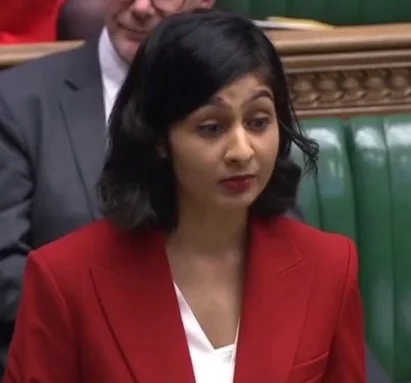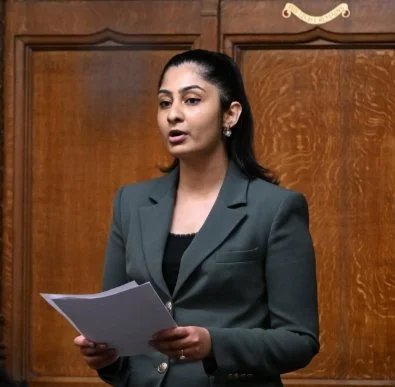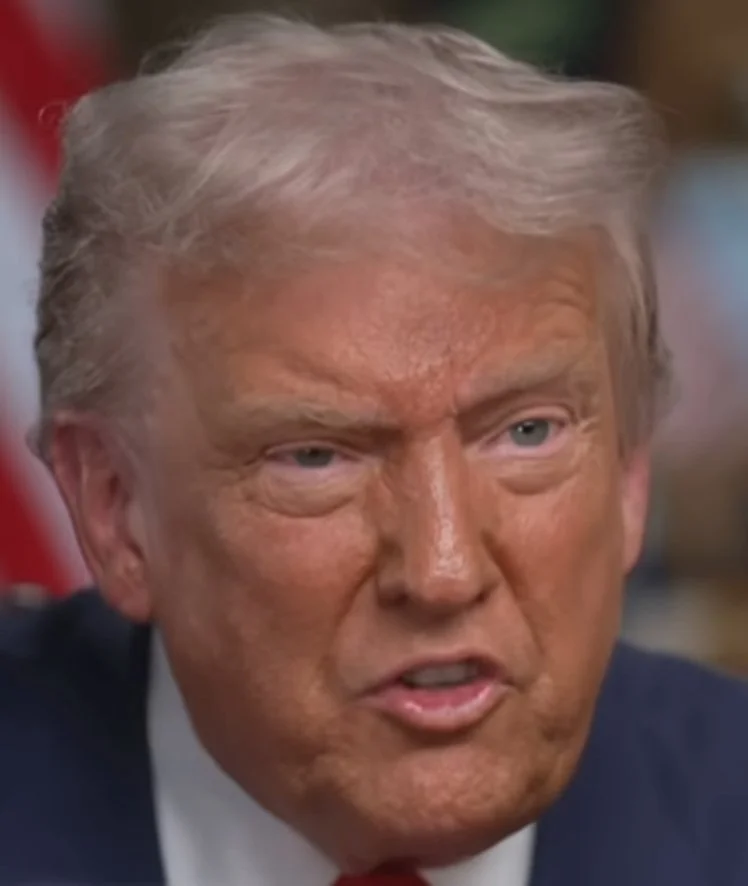What is Soft Power in Global Politics
In the realm of international relations, states influence each other through various means, often categorized as "hard power" and "soft power." While hard power refers to coercive strategies like military force and economic sanctions, soft power emphasizes the ability to shape preferences and influence others through appeal and attraction. Coined by political scientist Joseph Nye in the late 1980s, soft power has since become a key concept in understanding global politics.
Defining Soft Power
Soft power refers to a country's capacity to influence the actions and decisions of others not through force, but through cultural, ideological, and institutional appeal. Nye defined it as "the ability to get what you want through attraction rather than coercion or payments." Soft power operates by shaping the preferences of others and creating an environment where your values, policies, and institutions are seen as legitimate and desirable.
Key Components of Soft Power
Soft power typically derives from three major sources:
Culture: A country's culture can become a key tool for influence, especially when it is seen as attractive or admirable. This includes aspects of cultural production such as cinema, literature, music, and education, as well as norms of social behavior.
Political Values: The political values and governance models of a country can enhance its soft power when they align with the aspirations of other countries or populations. A democratic system that promotes human rights, rule of law, and social justice may serve as an example for others.
Foreign Policies: Soft power can also be rooted in a nation’s foreign policies, especially when they are seen as legitimate, just, or beneficial on the global stage. Countries that engage in diplomacy, peace-building, and global cooperation tend to accumulate soft power.
Instruments of Soft Power
Public Diplomacy: This includes government actions aimed at influencing public opinion in other countries. Public diplomacy often involves cultural exchanges, educational programs, and broadcasting services that promote a nation’s image and values abroad. For instance, the British Council and the U.S. State Department’s Fulbright Program are examples of efforts to build goodwill and understanding.
Cultural Diplomacy: Governments and non-state actors engage in cultural diplomacy by promoting their culture abroad through festivals, arts, and the media. For example, Hollywood movies or Japanese anime have spread cultural values globally, reinforcing the soft power of the U.S. and Japan, respectively.
Media and Communications: Global media outlets like the BBC, CNN, or Al Jazeera play crucial roles in spreading national narratives and values, thereby influencing international perceptions. Social media has also become an increasingly important arena for exercising soft power.
International Institutions: Membership and leadership in global institutions such as the United Nations, World Health Organization (WHO), or the World Trade Organization (WTO) can bolster a nation’s soft power by showing its commitment to global cooperation and multilateralism.
Soft Power vs. Hard Power
While soft power focuses on attraction and persuasion, hard power involves coercive measures like military action or economic sanctions. Both forms of power are essential for states in pursuing their international goals, and the balance between them is often referred to as "smart power." Smart power refers to the strategic combination of both soft and hard power to achieve foreign policy objectives.
Examples of Soft Power in Global Politics
United States: U.S. soft power is deeply embedded in its cultural exports, technological innovations, and political values such as democracy and freedom. Hollywood films, Silicon Valley tech products, and universities like Harvard and MIT have played significant roles in shaping global perceptions of the U.S. as a beacon of innovation and opportunity.
China: China has increasingly invested in soft power through initiatives like the Belt and Road Initiative (BRI), Confucius Institutes, and global media outlets such as CGTN. While China’s soft power appeal is debated, it has positioned itself as a leader in infrastructure development and international economic cooperation.
European Union (EU): The EU is a prominent soft power actor, particularly through its promotion of human rights, environmental standards, and multilateral diplomacy. It has developed a robust cultural diplomacy apparatus and is seen as a global leader in areas like climate policy.
Japan: Japan’s soft power largely comes from its cultural exports, including anime, manga, technology, and cuisine. In addition, Japan’s reputation for stability, peace, and technological innovation enhances its global standing.
South Korea: South Korea has become a rising soft power actor through the global spread of "Hallyu" or the Korean Wave, encompassing K-pop, K-dramas, and films. This cultural influence has increased South Korea’s global visibility and attractiveness.
Challenges to Soft Power
While soft power is a valuable asset, it is not without challenges:
Credibility: Soft power depends on credibility. When a country’s actions contradict its proclaimed values, its soft power can be undermined. For instance, when a country advocates for human rights but engages in domestic abuses, its legitimacy can be questioned.
Competition: Soft power is often contested by other states or non-state actors. With the rise of globalization, various actors compete to shape global narratives, making it harder for any single country to dominate through soft power alone.
Effectiveness: While soft power is often more subtle and sustainable than hard power, its effectiveness can be limited. Attraction alone may not be enough to compel action, especially in situations where security or economic interests are at stake.
Simply Put
Soft power is an essential tool in global politics, complementing the more coercive elements of hard power. It operates through cultural, political, and institutional influence, shaping global perceptions and fostering international cooperation. In a world where military might and economic pressure alone cannot achieve all policy objectives, soft power is crucial for building long-term relationships, enhancing a nation’s global standing, and achieving foreign policy goals.
References
Nye, J. S. (1990). Bound to Lead: The Changing Nature of American Power. Basic Books.
Nye, J. S. (2004). Soft Power: The Means to Success in World Politics. PublicAffairs.
Snow, N. (2009). Routledge Handbook of Public Diplomacy. Routledge.
McClory, J. (2021). The Soft Power 30: A Global Ranking of Soft Power. Portland Communications.
Cull, N. J. (2008). Public Diplomacy: Lessons from the Past. USC Center on Public Diplomacy.









